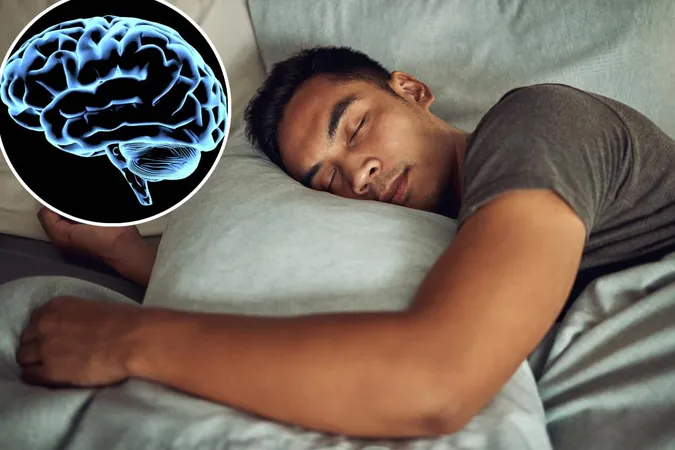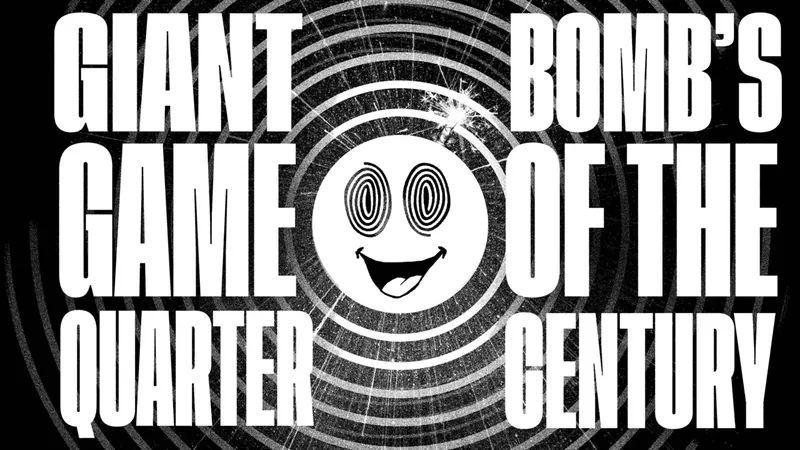
Are Your Sleep Aids Harming Your Brain's Natural Detox? Shocking Study Reveals Alarming Truth!
2025-01-08
Author: Ting
Groundbreaking Study Findings
In a groundbreaking study conducted by Danish scientists, new insights into the glymphatic system—a critical network responsible for flushing out toxins from our brains during sleep—have emerged, indicating that common sleep aids might sabotage this essential process.
The Glymphatic System Explained
Imagine your brain is like a dishwasher that needs to be cleaned every night; that’s how the glymphatic system operates. This detoxification mechanism is vital for maintaining healthy brain function and potentially preventing disorders such as Alzheimer’s disease. Senior study author Maiken Nedergaard, affiliated with the University of Rochester and the University of Copenhagen, likened this system to an automated dishwasher that runs during your slumber.
Norepinephrine's Role During Sleep
The research team performed experiments on mice to investigate the brain's activities during sleep. Their findings revealed that during deep sleep, the brainstem of these mice emits small waves of norepinephrine—approximately every 50 seconds. This molecule is well-known for its role in the body’s "fight-or-flight" response, as it constricts blood vessels and raises blood pressure to prepare for stress.
Norepinephrine also facilitates the rhythmic expansion and contraction of blood vessels, which aids cerebrospinal fluid in transporting waste away from the brain. Lead author Natalie Hauglund noted, “You can think of norepinephrine as the conductor of an orchestra. There’s a rhythm in how the arteries constrict and dilate, driving the fluid through the brain to remove waste.”
Impact of Sleep Aids
Intrigued by the role of norepinephrine in the brain's cleansing process, the researchers then tested the effect of the insomnia medication zolpidem, renowned under the brand name Ambien. While the zolpidem-treated mice fell asleep more quickly, they displayed a staggering 50% reduction in norepinephrine wave activity during deep sleep and showed a 30% decrease in the transport of fluids in the brain compared to their naturally sleeping counterparts.
Concerns and Recommendations
These results point to a concerning conclusion: the sedative may disrupt the brain's detoxification mechanism during sleep. “With more people relying on sleep medications, it’s crucial to understand whether they are achieving a restorative sleep,” said Hauglund. She emphasized the importance of awareness regarding the potential downsides of these medications so that individuals can make informed decisions about their health.
Although Hauglund posited that these findings could be relevant to humans, additional studies are necessary to confirm the implications for human sleep. Dr. Thomas Kilkenny, director of the Institute of Sleep Medicine at Northwell Health Staten Island University Hospital, advised caution regarding the immediate abandonment of sleep aids like Ambien. “While we lack human studies to validate these findings directly, it seems plausible that a similar mechanism could exist in humans,” he explained. He further suggested that avoiding sleeping pills could be beneficial, highlighting risks of dependence and automatic behaviors, with this study potentially adding another reason to that list.
Conclusion
As research continues, it’s clear that understanding the impact of medications on sleep health is more important than ever. Are you ready to rethink your reliance on sleep aids? The implications for your brain’s health could be far more significant than you realize.




 Brasil (PT)
Brasil (PT)
 Canada (EN)
Canada (EN)
 Chile (ES)
Chile (ES)
 Česko (CS)
Česko (CS)
 대한민국 (KO)
대한민국 (KO)
 España (ES)
España (ES)
 France (FR)
France (FR)
 Hong Kong (EN)
Hong Kong (EN)
 Italia (IT)
Italia (IT)
 日本 (JA)
日本 (JA)
 Magyarország (HU)
Magyarország (HU)
 Norge (NO)
Norge (NO)
 Polska (PL)
Polska (PL)
 Schweiz (DE)
Schweiz (DE)
 Singapore (EN)
Singapore (EN)
 Sverige (SV)
Sverige (SV)
 Suomi (FI)
Suomi (FI)
 Türkiye (TR)
Türkiye (TR)
 الإمارات العربية المتحدة (AR)
الإمارات العربية المتحدة (AR)